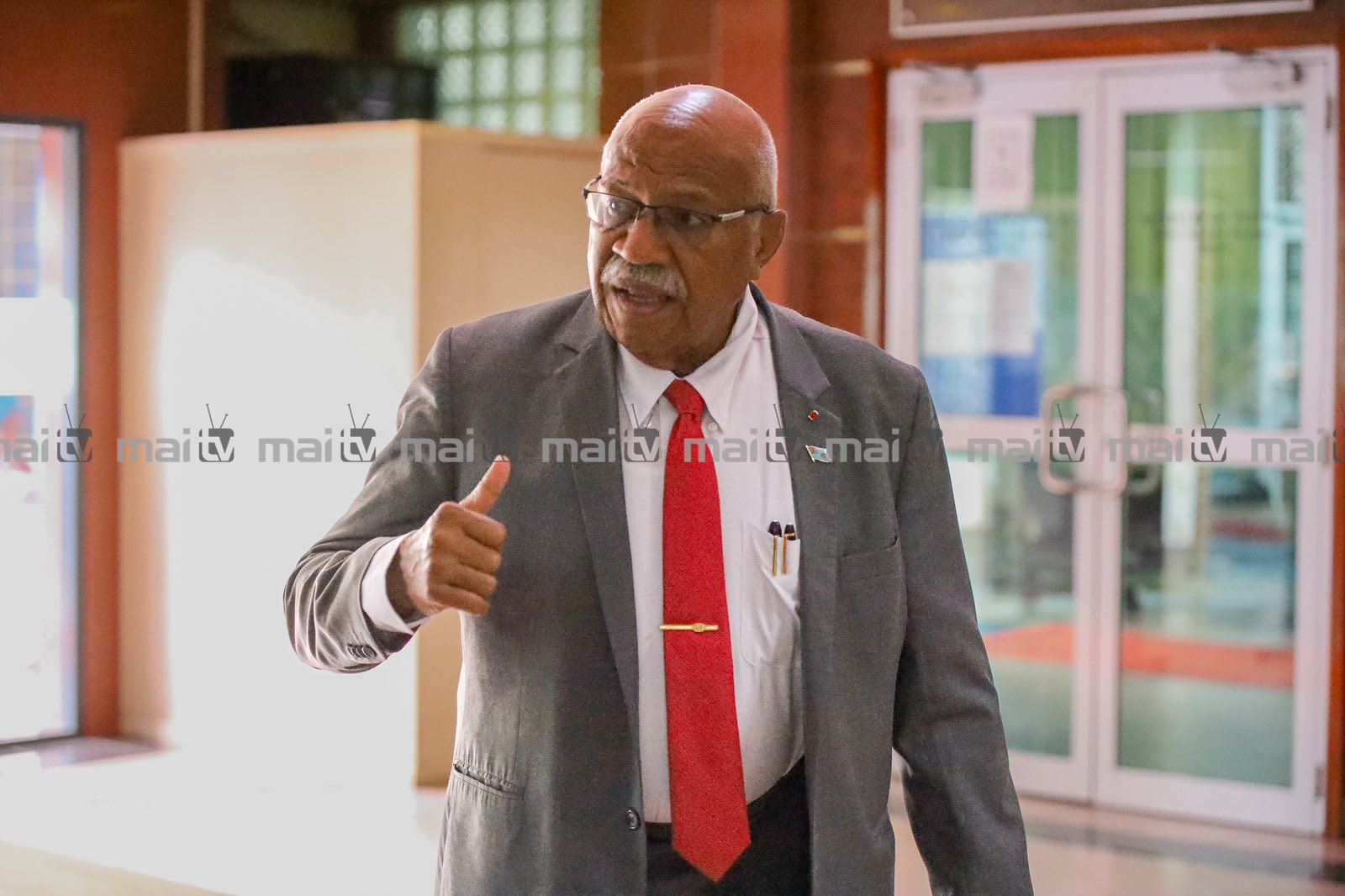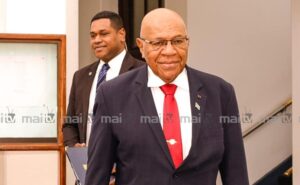Fiji’s Prime Minister Sitiveni Rabuka has indicated the government’s commitment to closely monitoring the implementation of the 2023-2024 budget.
He also pointed out that the government is open to the possibility of implementing a mini-budget within six months “to ensure better alignment and preparation for the change in the financial year to the normal calendar year.”
As parliament resumed its session today to discuss the 2023-2024 Budget, which was announced two weeks ago, Rabuka acknowledged that certain decisions, which may not be well-received by some, could attract criticism and political rhetoric. However, he added that constructive criticisms beneficial to the nation were welcomed.
Rabuka echoed the limitations imposed by Fiji’s current debt portfolio, which restricts the country’s fiscal space and capacity to expedite critical capital projects necessary for generating employment opportunities. Although efforts have been made to reduce the deficit from 7.4% to 4.8% compared to the previous financial year, further work is required to bring the debt below 4% of GDP.
Currently, Fiji’s debt portfolio stands at approximately $10 billion. Consequently, the country must allocate over $1 billion annually to service the debt, including $536 million for interest and $516 million for principal repayment.
“This budget is meant to help us out of the crises we knew we would have to contend with when we won the election. It is caused by unsustainable debt levels and the shocking deterioration of much of our infrastructure in particular our health facilities.
“These are just some of the grim realities the budget is designed to deal with. The Budget has been designed to immediately help as many of the poor and needy as possible and give relief to students burdened with TELS debt. It is also intended to improve education and boost investor confidence.
“These decisions are deemed necessary for the common good of our citizens to take our country forward. I made it very clear that we are operating in an uncertain and unpredictable global environment.
“Therefore, it is important that we have to make necessary changes to protect our nation from the uncertainty that we face today and possible future shocks. Structural adjustment policies to improve efficiency and productivity are necessary in order for us to be relevant, adaptable and to be competitive in the global environment. Therefore, despite the increase in expenditure, the budget is intended to consolidate government finances in the medium term.”
Regarding ministries under his portfolio, the Ministry of Civil Service has been allocated $50.6 million, a substantial increase from the previous budget, which reflects the consolidation of functions and the transfer of responsibilities from the Ministry of Economy. The Ministry of Foreign Affairs has also received an increased allocation of $37.9 million to support the reopening and refurbishment of missions. The Small Grants Scheme has been increased by $1 million to honor commitments to rural communities. The Aftercare Fund for ex-servicemen and servicewomen has been increased to $14.9 million to accommodate more beneficiaries and cover medical and administration costs. The Department of Public Enterprises has been allocated $8 million to improve the performance of public enterprise entities. The Department of Information & National Archives has received $3.2 million, with a reduction in allocation. The Department of Environment has a budget of $7.263 million. The Climate Change Division has been allocated $2.56 million, with additional funding from development partners for climate finance projects.









